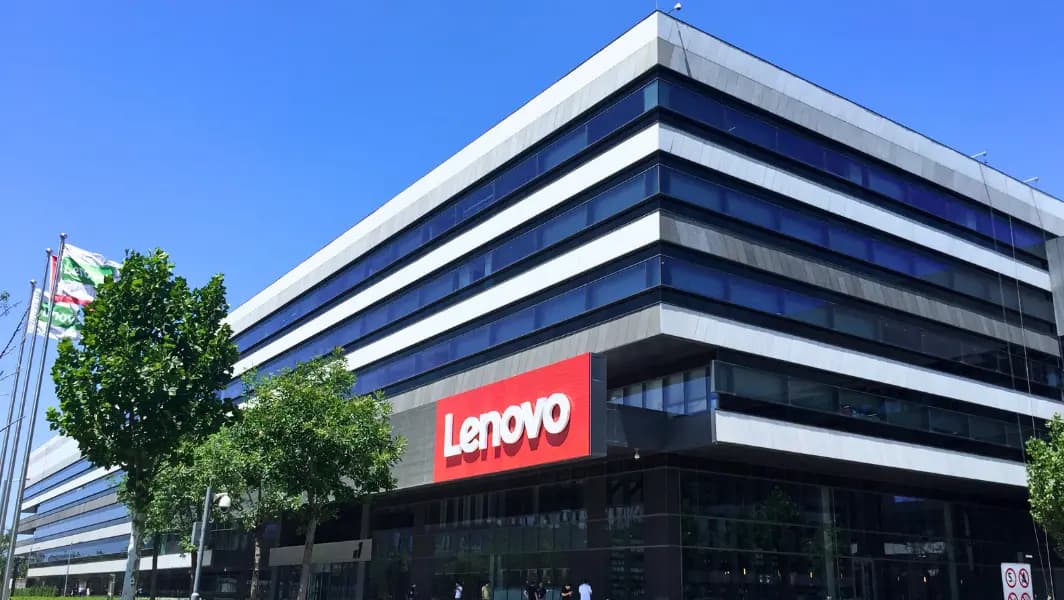
Lenovo Wins UK Appeal in Patent Dispute with Ericsson
Court Ruling Strengthens Lenovo’s Position in Licensing Battle
Lenovo has secured a legal victory in the UK against Ericsson in an ongoing dispute over patent licensing, marking a significant development in the global battle over intellectual property rights in the telecom sector. The UK Court of Appeal overturned a previous ruling that had favored Ericsson, allowing Lenovo to continue using the contested standard-essential patents (SEPs) without immediate additional licensing obligations.
Background of the Dispute
The legal clash between Lenovo and Ericsson stems from disagreements over patent licensing fees for technology critical to modern telecommunications, including 5G connectivity. Standard-essential patents (SEPs) are patents required for compliance with industry standards, and they must be licensed on fair, reasonable, and non-discriminatory (FRAND) terms.
Ericsson had previously argued that Lenovo had failed to agree to a fair licensing deal, prompting a legal challenge in multiple jurisdictions. The company sought interim measures to enforce licensing terms, but Lenovo pushed back, arguing that Ericsson’s demands were excessive and anti-competitive.
Lenovo’s Victory in the UK Court of Appeal
The UK Court of Appeal’s decision to overturn the initial ruling means Lenovo is not required to pay additional interim fees while the broader dispute over long-term licensing agreements continues. The court found that the previous ruling had unfairly favored Ericsson, potentially forcing Lenovo into an unfavorable licensing agreement before the final determination of FRAND terms.
This ruling is a significant win for Lenovo, as it allows the company to maintain its current market position without immediate financial pressure from Ericsson’s patent demands.
Implications for the Telecom Industry
The decision underscores the ongoing global tensions between technology companies over SEPs and FRAND licensing. As 5G and advanced telecom infrastructure continue to evolve, companies like Lenovo and Ericsson are battling over how intellectual property rights should be enforced and monetized.
The case also sets a precedent for other patent disputes, potentially influencing how courts in other jurisdictions interpret and enforce SEP licensing agreements.
What’s Next?
While Lenovo’s appeal win provides temporary relief, the broader dispute between the two companies is far from over. The final ruling on FRAND terms for Ericsson’s patents remains pending, and further litigation could reshape licensing norms in the industry.
With global regulatory bodies closely watching these developments, the outcome of the Lenovo-Ericsson legal battle could have long-term implications for how tech giants negotiate and enforce patent agreements in the future.